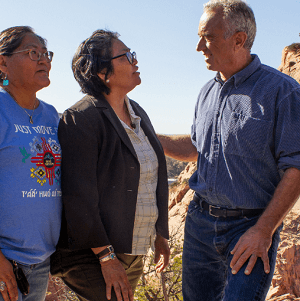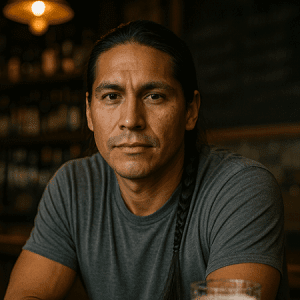Federal budget cuts are hitting Native American communities unexpectedly hard—even as the Indian Health Service remains shielded. Navajo Nation President Buu Nygren praised the preservation of IHS staff, telling Secretary Kennedy, “you were the first one to stand up for Indian Country.” However, he and tribal leaders warn that reductions elsewhere are “disrupting real lives,” as Cherilyn Yazzie, a Navajo council delegate, lamented.
These collateral consequences stem from sweeping HHS funding reductions that tribal health systems depend on. Liz Malerba of the Mohegan Tribe cautioned against misconceptions that only IHS cuts matter, noting, “That’s simply not true.” She emphasized that staffing freezes and grant cancellations have obstructed essential data collection and communication efforts within tribal health systems.
Tribes have already lost over $6 million in grants from HHS agencies, according to the National Indian Health Board, impacting programs like community health worker initiatives and vaccination efforts. At a Senate hearing, Janet Alkire, chair of the Standing Rock Sioux Tribe, described how these funds supported everything from local clinics to data modernization—highlighting the real-world stakes of budget decisions.
Although Kennedy rescinded some layoffs within the IHS after tribal leaders raised alarm, broader cuts continue to undermine healthcare infrastructure. Long-standing disparities—higher chronic disease rates and shorter life expectancy—are now exacerbated by lost resources key to prevention and care in remote areas, where hospitals, clinics, and clean water remain scarce.
Without rebuilding full funding across all tribal health programs, including those outside IHS, experts warn that longstanding inequities will deepen—even as one agency remains spared from cuts.
See “Native Americans Hurt by Federal Health Cuts, Despite RFK Jr.’s Promises of Protection” (June 3, 2025)



